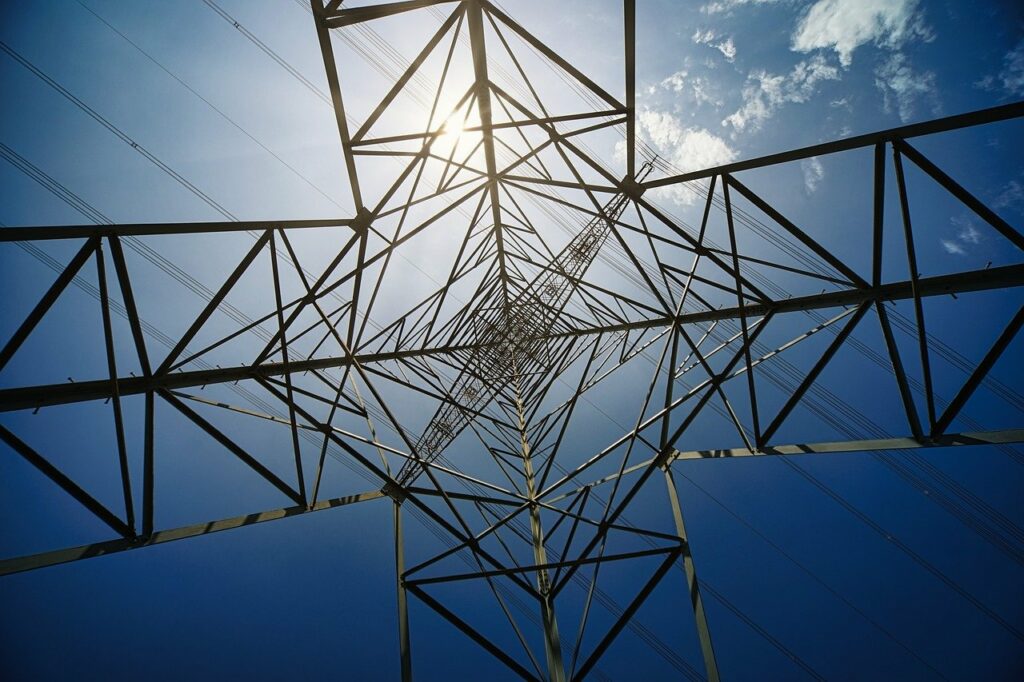South Korea is pursuing the unification of real-time control over its decentralized power grid systems.
The core challenge is the fragmented nature of current power grids, which hinders optimal distribution and real-time response capabilities. According to the Korea Energy Economic Institute, decentralized grid systems can suffer up to 15% efficiency losses due to their inability to communicate effectively. This inefficiency becomes a pressing concern as energy consumption rises, with recent reports indicating a national increase of 3.2% in electricity demand year-on-year.
To address these inefficiencies, South Korea aims to implement advanced grid management software that enables cohesive operation across varied systems. The integration is expected to enhance response times to disruptions, streamline energy dispatch, and ultimately reduce operational costs. According to industry experts, a unified control system could lower energy costs by approximately 10%, a significant economic benefit in the face of fluctuating global energy prices.
Furthermore, the initiative anticipates leveraging emerging technologies such as AI and Internet of Things (IoT). These technologies offer potential solutions by granting real-time data analysis capabilities, thus optimizing energy flow and preemptively addressing potential failures. Yet, the complexity of integrating AI and IoT into existing infrastructures remains a substantial hurdle. Recent governmental reviews highlighted concerns over data privacy and the cybersecurity implications of interconnected grid systems, emphasizing the need for robust protective measures.
The expected benefits of a unified control system have generated optimism among industry stakeholders. However, there is caution about the financial undertaking required. The Korean government projects upfront costs of approximately $2 billion, heightening scrutiny over fiscal sustainability. Stakeholders argue for a phased investment approach, suggesting pilot programs across regions to evaluate performance and scalability before full-scale implementation.
Stay updated on the latest in energy! Follow us on LinkedIn, Facebook, and X for real-time news and insights. Don’t miss out on exclusive interviews and webinars—subscribe to our YouTube channel today! Join our community and be part of the conversation shaping the future of energy.





